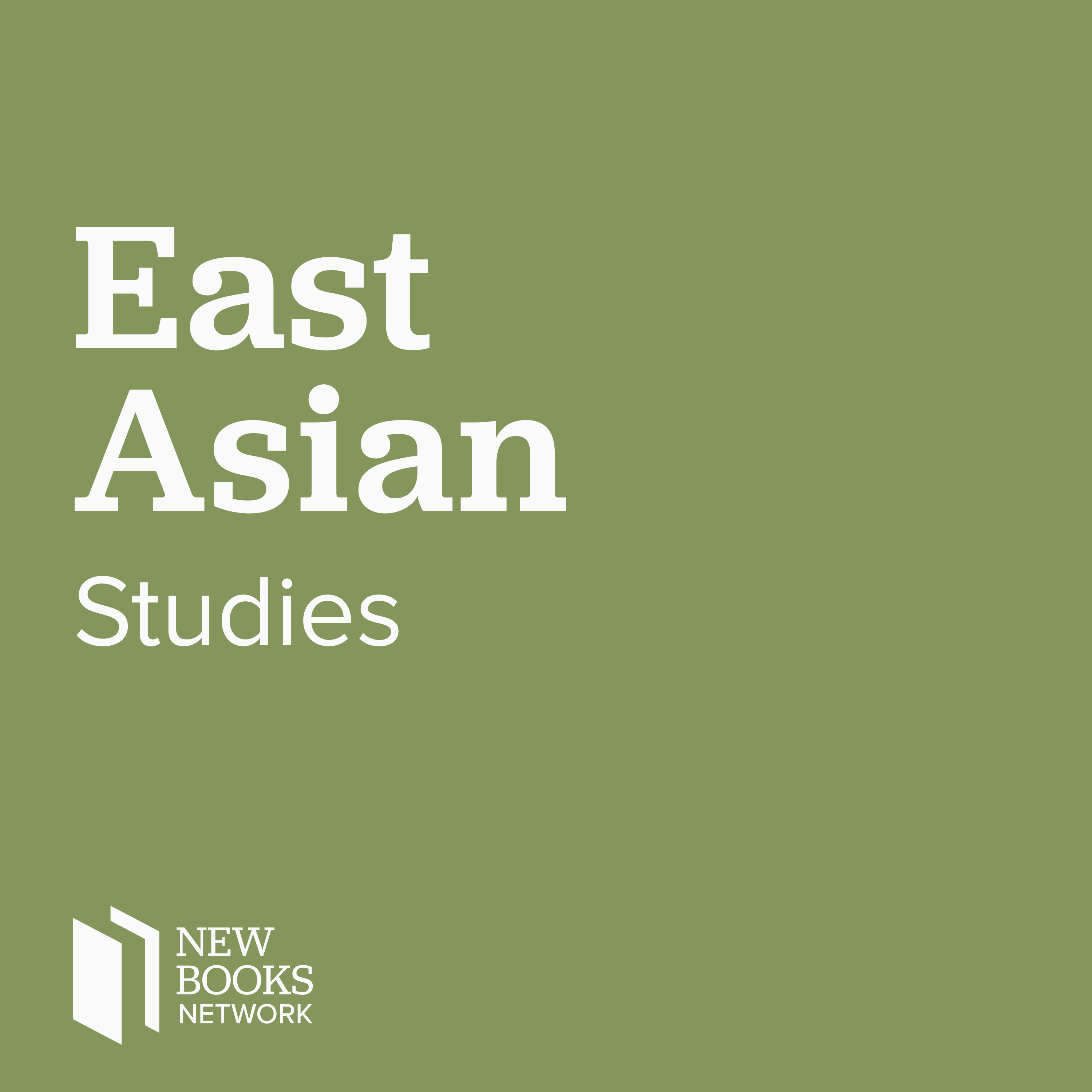- After-Shows
- Alternative
- Animals
- Animation
- Arts
- Astronomy
- Automotive
- Aviation
- Baseball
- Basketball
- Beauty
- Books
- Buddhism
- Business
- Careers
- Chemistry
- Christianity
- Climate
- Comedy
- Commentary
- Courses
- Crafts
- Cricket
- Cryptocurrency
- Culture
- Daily
- Design
- Documentary
- Drama
- Earth
- Education
- Entertainment
- Entrepreneurship
- Family
- Fantasy
- Fashion
- Fiction
- Film
- Fitness
- Food
- Football
- Games
- Garden
- Golf
- Government
- Health
- Hinduism
- History
- Hobbies
- Hockey
- Home
- How-To
- Improv
- Interviews
- Investing
- Islam
- Journals
- Judaism
- Kids
- Language
- Learning
- Leisure
- Life
- Management
- Manga
- Marketing
- Mathematics
- Medicine
- Mental
- Music
- Natural
- Nature
- News
- Non-Profit
- Nutrition
- Parenting
- Performing
- Personal
- Pets
- Philosophy
- Physics
- Places
- Politics
- Relationships
- Religion
- Reviews
- Role-Playing
- Rugby
- Running
- Science
- Self-Improvement
- Sexuality
- Soccer
- Social
- Society
- Spirituality
- Sports
- Stand-Up
- Stories
- Swimming
- TV
- Tabletop
- Technology
- Tennis
- Travel
- True Crime
- Episode-Games
- Visual
- Volleyball
- Weather
- Wilderness
- Wrestling
- Other
Julia C. Schneider, "Nation and Ethnicity: Chinese Discourses on History, Historiography, and Nationalism (1900s-1920s)" (Brill, 2017)
Julia Schneider’s Nation & Ethnicity: Chinese Discourses on History, Historiography, and Nationalism (1900s-1920s), published with Brill in 2017, is an erudite study of early twentieth century theories of Chinese nationalism. In the book, Schneider considers the writings of Qing reformers Liang Qichao, complicates received narratives about anti-Manchu revolutionaries Zhang Taiyan and Liu Shipei, and traces the afterlives of their earlier writings in Republican era (1911-1949) theories of nation and assimilation that informed historiography and textbook writing in this period. Reconciling the idea of a “Chinese” nation with “China,” a variously construed geographic entity occupied and ruled in large part by non-Han ethnicities, becomes a key problem in these thinkers’ writings. Liang Qichao’s assimilation thesis, a theory that assumed non-Han groups become culturally subsumed by China as they rule over it, gained critical currency, as Schneider shows in her thorough analysis of turn of the century sources. Nation & Ethnicity is a long volume that will delight serious scholars in its meticulously detail and attention to language in translation. The ethical stakes raised by Schneider’s project, however, should interest a broad audience working in Chinese studies. In the podcast, we will lay out Schneider’s arguments, theories of nationalism that inform her work, and the historical context against which her protagonists wrote. While new to the podcast, the book has been out for several years, so in addition to learning about this monograph, we will also get to hear about some new publications—Prof. Schneider’s related recent article on Chinese nationalism.Julia Keblinska is a member of the Global Arts and Humanities Society of Fellows at the Ohio State University specializing in Chinese media history and comparative socialisms. Learn more about your ad choices. Visit megaphone.fm/adchoicesSupport our show by becoming a premium member! https://newbooksnetwork.suppor....tingcast.fm/east-asi

